Resources for Supporting ICWA
On November 9, the Supreme Court heard Haaland v. Brackeen, which challenges the constitutionality of the Indian Child Welfare Act of 1978 (ICWA). Now, SCOTUS will deliberate, and we’ll likely hear their answers in the summer of 2023.
We all must move together to end the system of punishment and surveillance that is the family policing system. Until we do so, we must maintain ICWA as a necessary tool to ensure tribal sovereignty is respected. Read our statement.
Learn more about ICWA and Haaland v. Brackeen
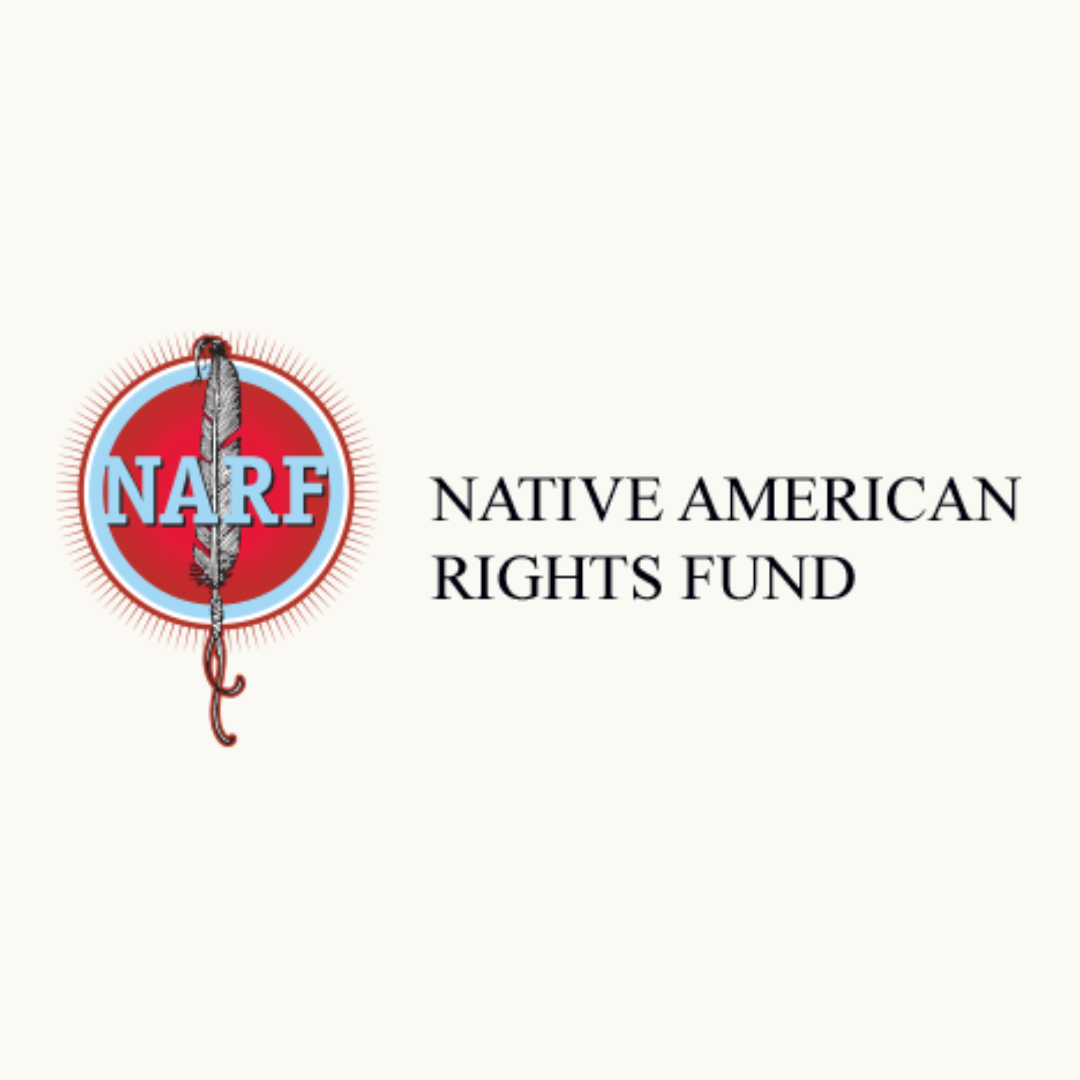
RESOURCE
SCOTUS has received 21 amicus briefs signed by 497 tribal nations, 62 native organizations, and many others. Read More
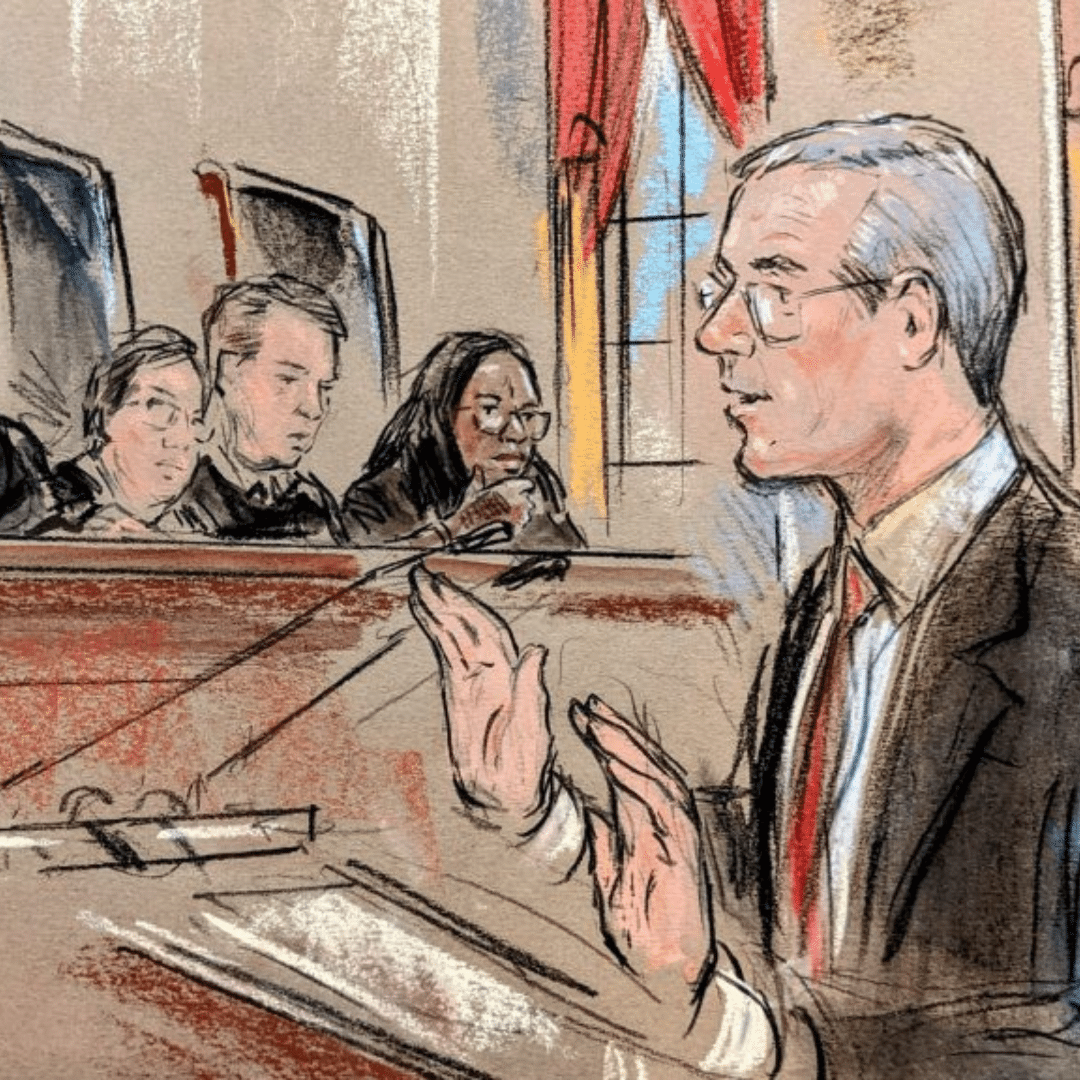
NEWS
This article from SCOTUS Blog provides a recap of the arguments. Read More
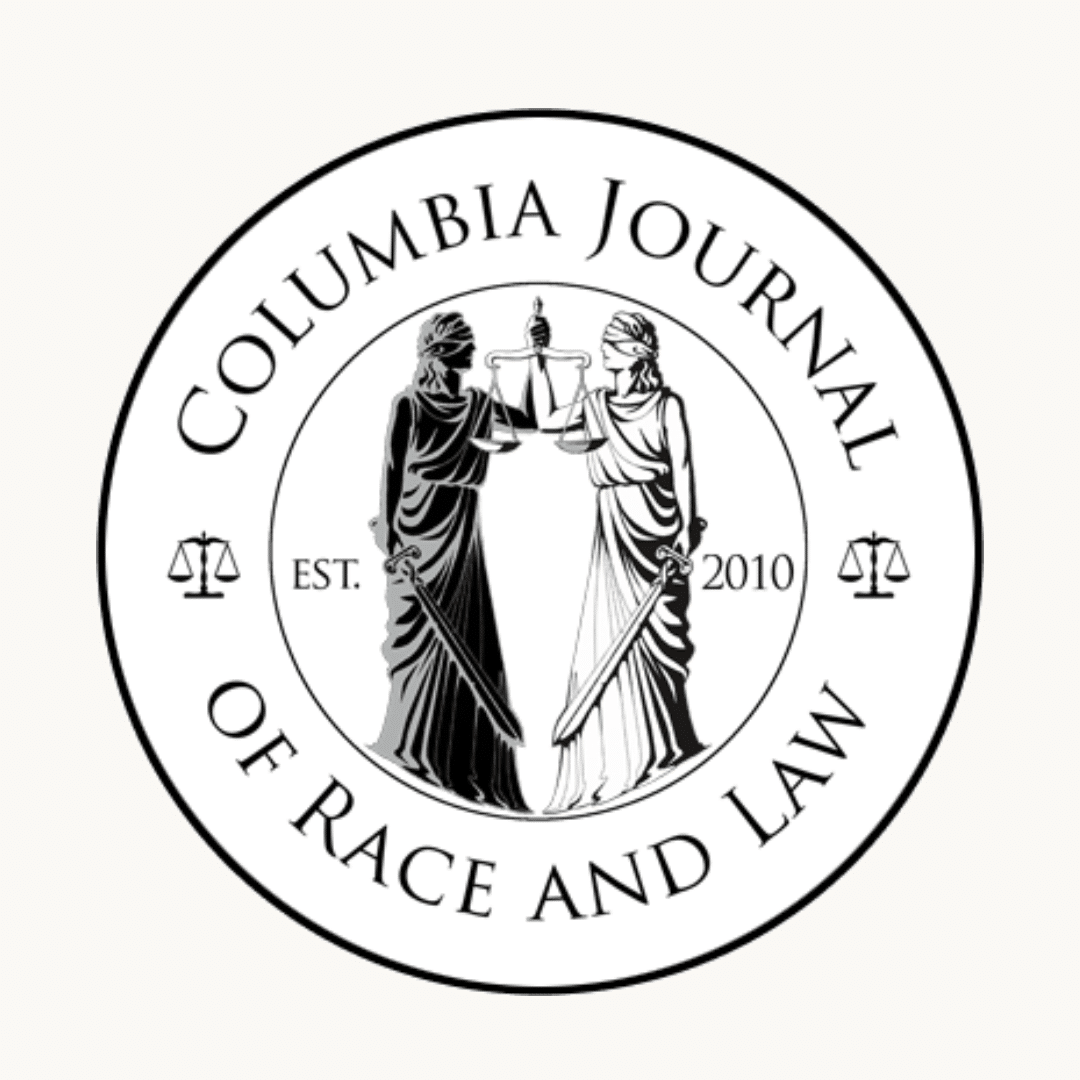
RESOURCE
Abolition, Settler Colonialism, and the Persistent Threat of Indian Child Welfare by Theresa Rocha Beardall and Frank Edwards uses administrative and historical data to statistically evaluate the magnitude of change in family separation since the passage of ICWA. Read More
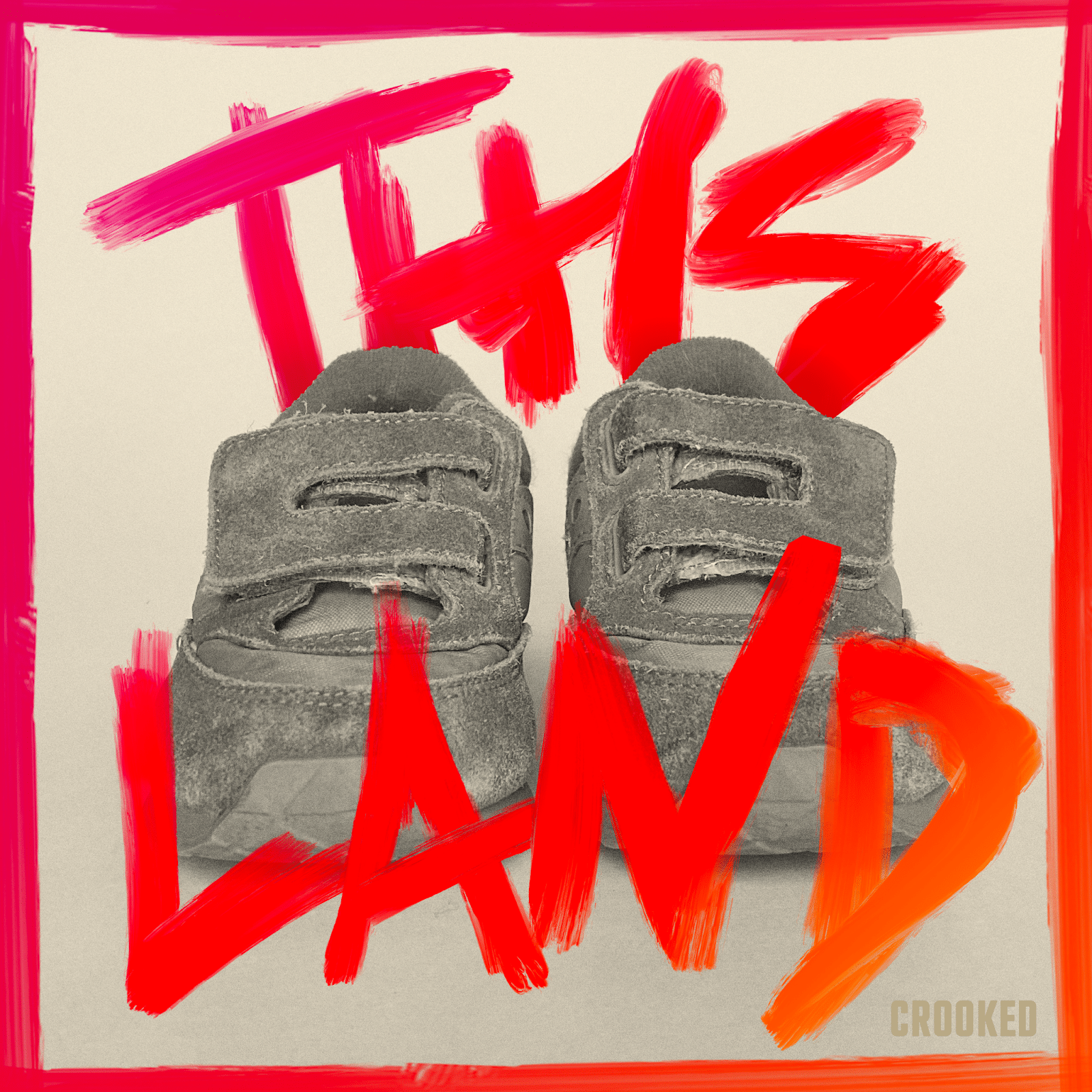
PODCAST
In This Land Season 2, podcast host Rebecca Nagle reports on how the far right is using Native children to attack American Indian tribes and advance a conservative agenda. Listen
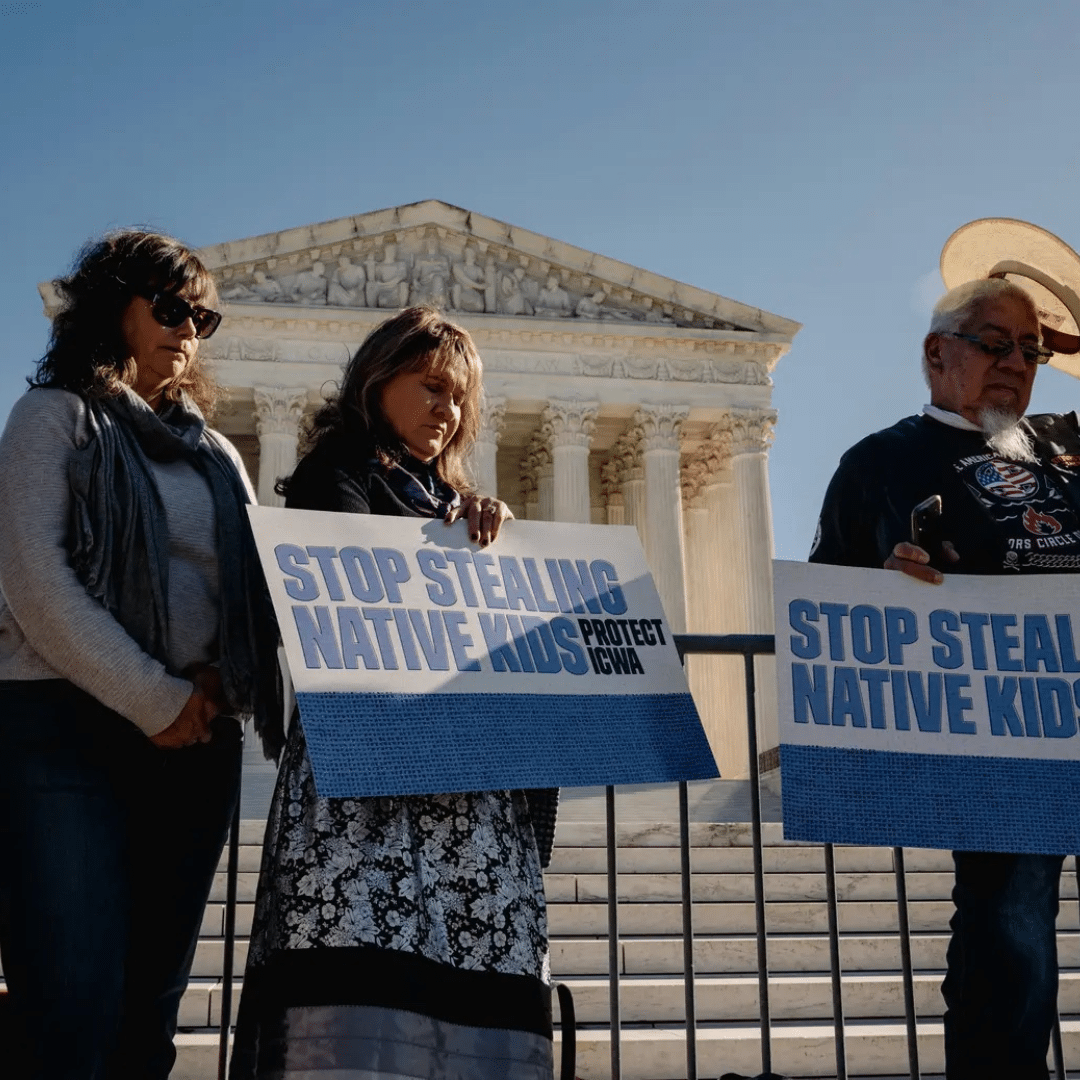
NEWS
Chuck Hoskin Jr., the chief of the Cherokee Nation says that protecting the tribe’s children is important to the future of its people. Read More
Amplify Native voices
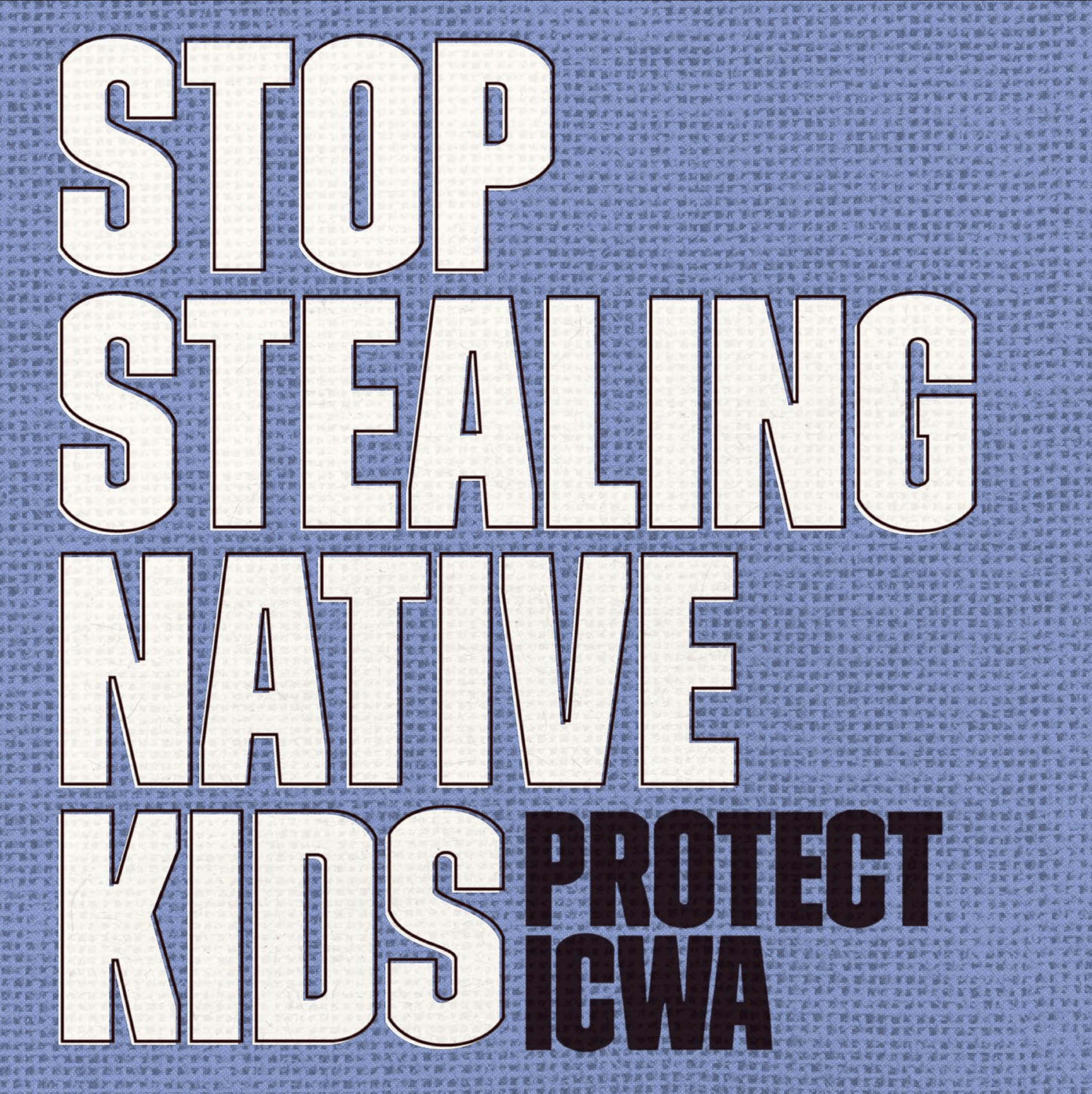
RESOURCE
Protect ICWA is a joint effort from the National Indian Child Welfare Association, the National Congress of American Indians, the Association on American Indian Affairs, and the Native American Rights Fund. Follow their coverage on Instagram and Twitter, sign their petition, and share their resources. Learn More
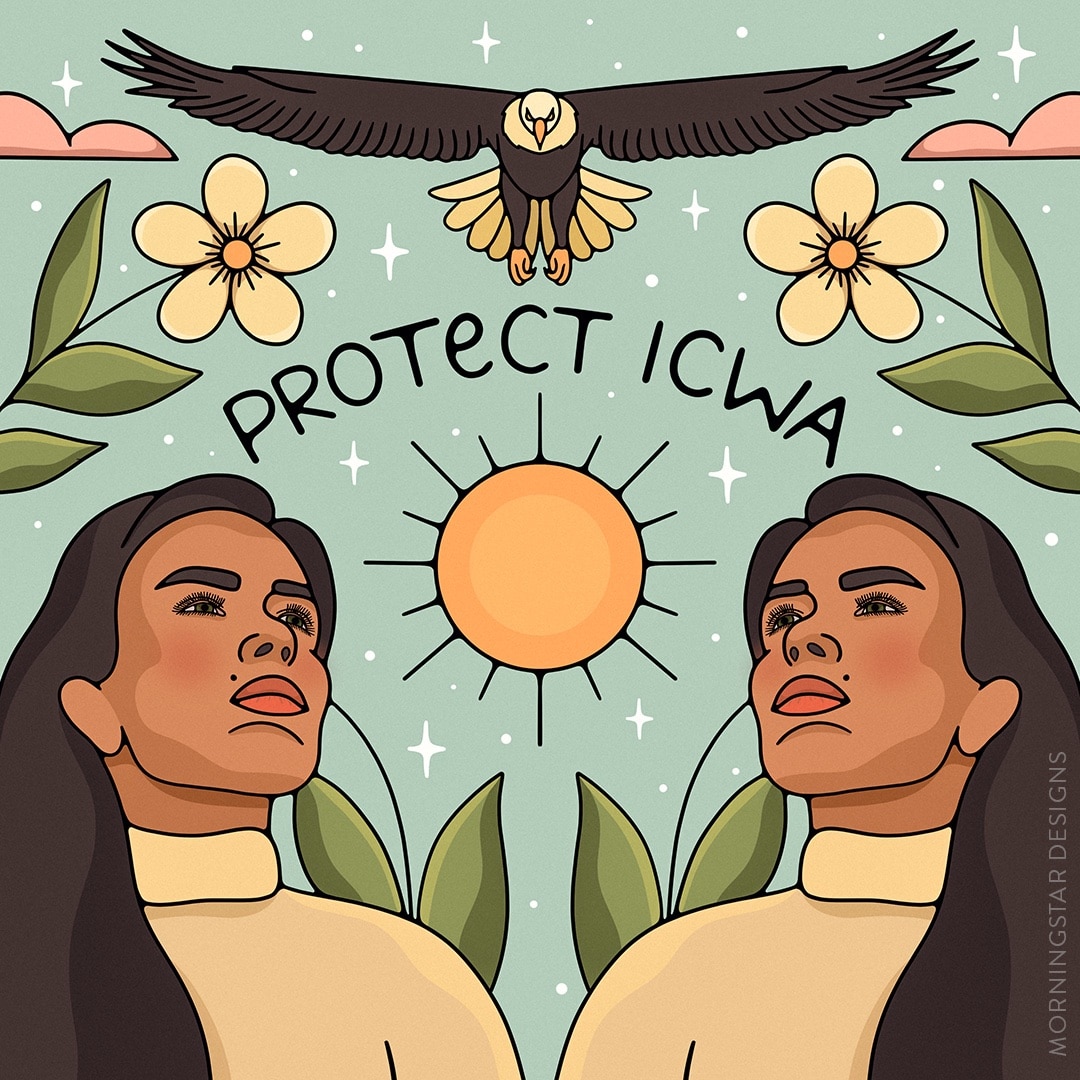
SOCIAL MEDIA TOOLKIT
Share Illuminative’s Protect ICWA graphics on Instagram. Their resources include images and sample captions. Download
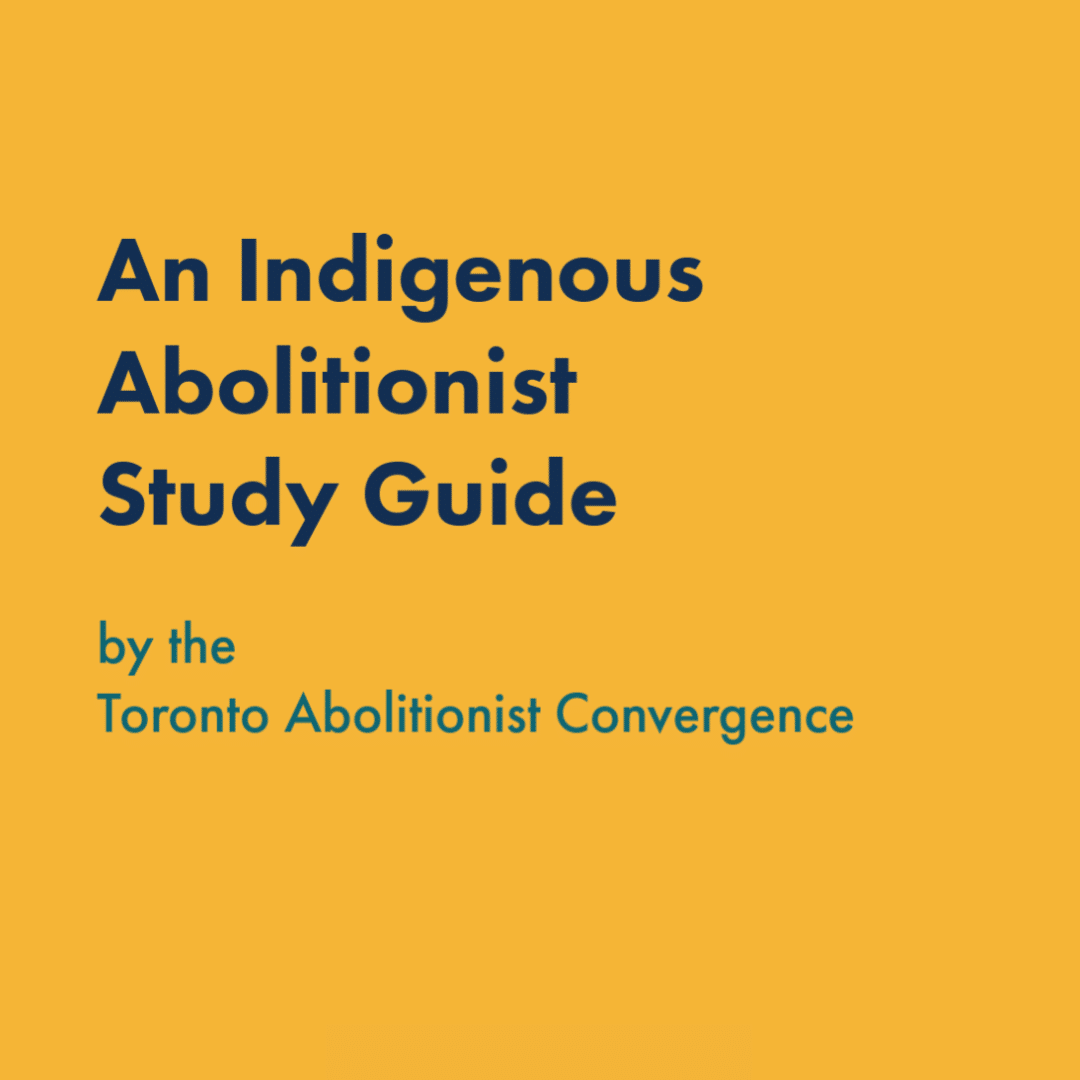
RESOURCE
An Indigenous Abolitionist Study Guide by the Toronto Abolitionist Convergence features a chapter on Abolishing Social Work and Restoring Relations of Care. They write, “Scholars have worked to articulate both this historical and present relationship to ongoing settler colonialism, and yet we need only turn to Indigenous families and communities to see the multigenerational violence levied by this system.” Read More